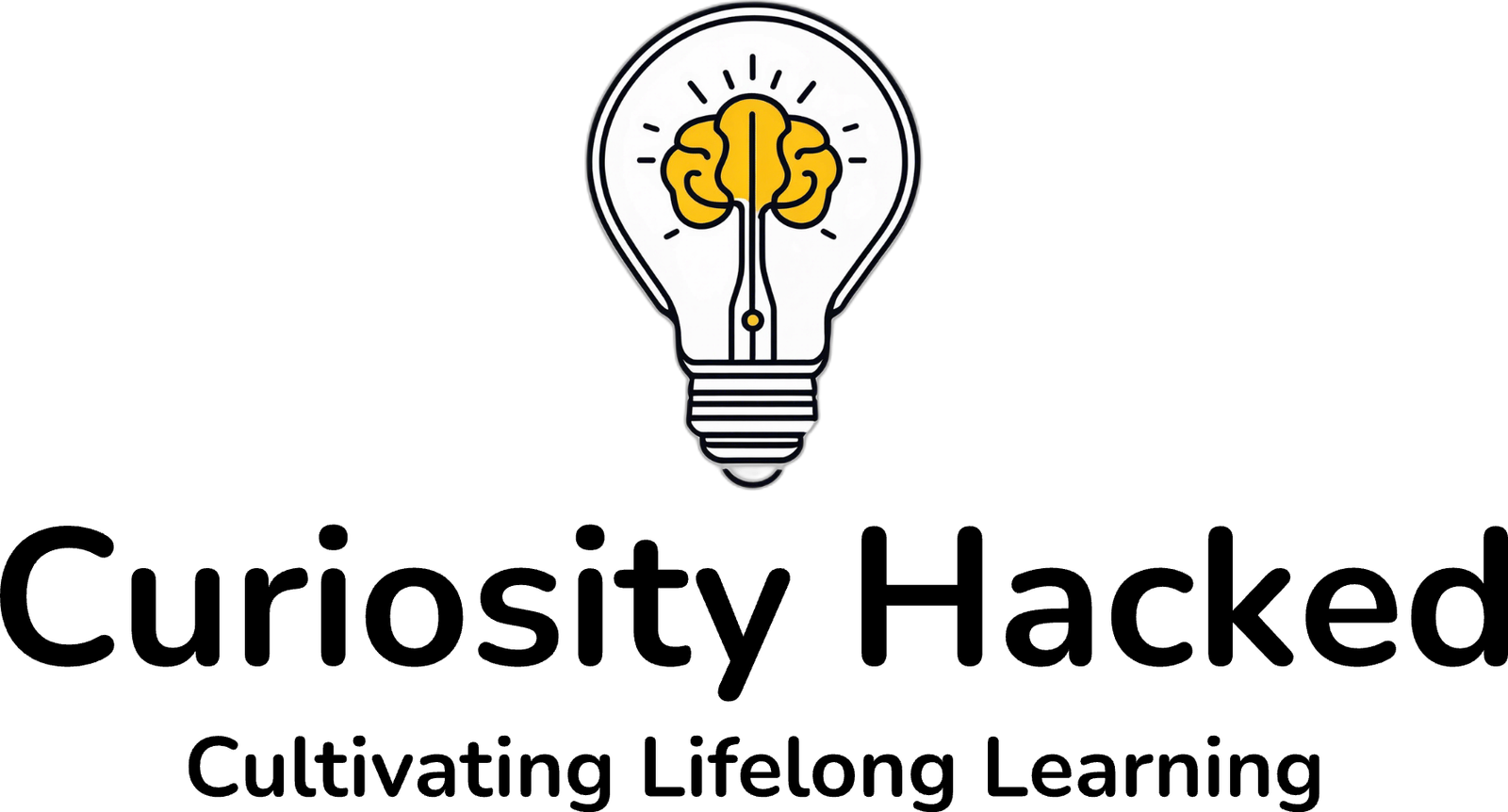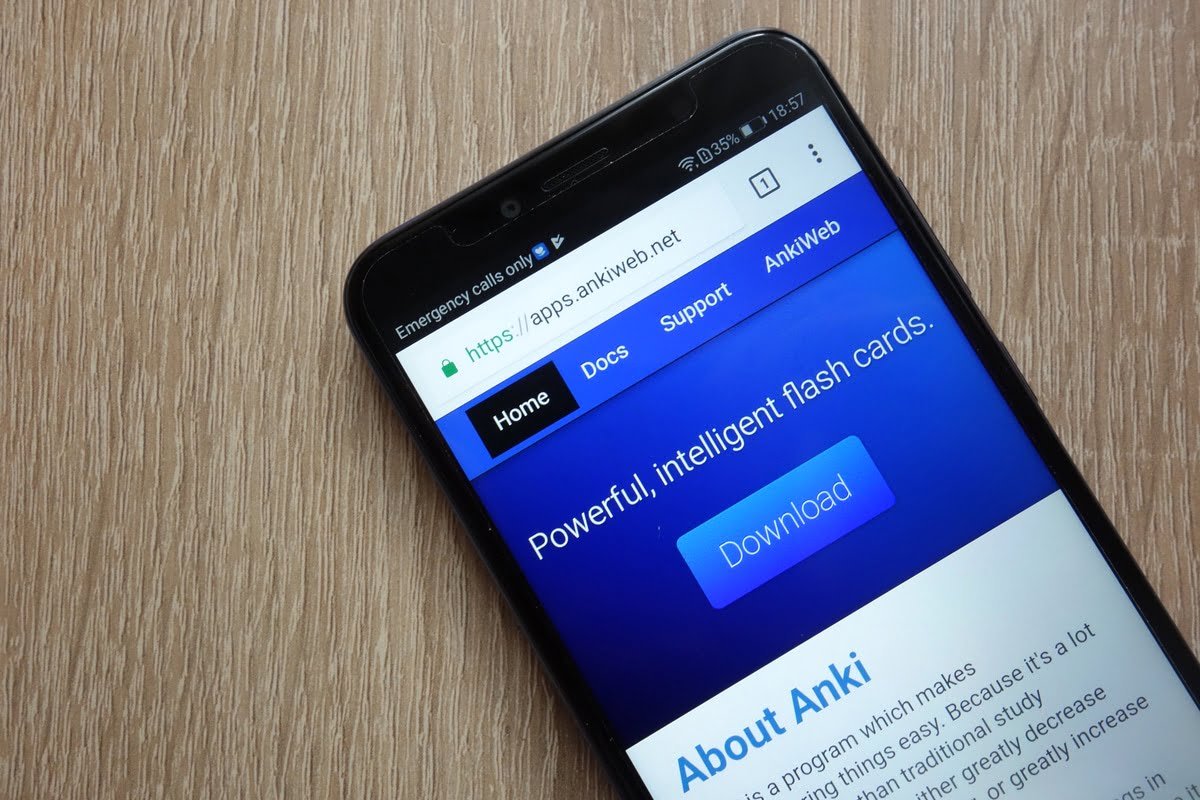Anki is an open-access flashcard desktop application that uses spaced repetition learning algorithms to help your flashcard information stay in your head longer and embeds itself into your long-term memory.
By using the app and inputting your study material in flashcard format, it churns out an easy-to-use format for studying!
Often used by medical students and other learners that need to retain high volumes of intense information over a long period, Anki’s desktop app is a great way to decrease the amount of time studying and increase the amount of knowledge retained.
What Is Anki Used For?
Anki is a great solution for any student or learner who wants to challenge themselves to retain information for longer (especially those who need to retain large volumes of information, such as medical students).
Anki is simply a programable version of what is known as spaced repetition learning. This tried and tested technique involves spacing out the time between learning something new and testing yourself on it.
The idea behind this is that by doing so, the brain will be forced to actively recall the information instead of just passively storing it away.
This means that if you test yourself after a short period (say one week), you’ll find that you can remember more than if you had studied everything in one large mass in one sitting.
This is because there has been enough time for the information to sink into your brain and lodge into your long-term memory.
How Does Anki Work?
Anki works by utilizing the learning process known as the Leitner technique: You write down all the information that you need to learn on flashcards and divide them into subcategories or decks, depending on how well you know the information.
For example, if you can easily recite or retain the information from one card, it would go into a separate deck for those cards that you struggle to recall information from.
These decks are then shown to you via the application in a repetitive cycle throughout your study sessions until you can easily retain the information, at this point, those cards will move onto the decks that you know better.
The better you know the information from cards, the less often you will see them.
This ultimately means you spend less time studying information you already know and more time retaining the information you struggle with.
This also gives the cards you struggle with more time to lodge into your long-term memory as you will have to recall the information multiple times over different sittings.
You get a custom study session unique to what you need to study most without wasting time on the information you already have retained.
You can, of course, do this by hand, using traditional flashcards.
However, Anki makes it easy to build up different deck options, has easy-to-absorb card templates, and automatically moves your cards to different flashcard decks depending on whether or not you get the correct answer to your card.
This takes a lot of the extra work out of studying so you can focus on knowledge retention.
How Often Should I Use Anki?
The best way to determine how often you should use Anki is to consider how much information you want to retain. For example, if you are a medical student, you might have around 10,000 pieces of information you need to memorize before graduation.
In such a case, you could set aside 2 hours daily to study each night and finish in under two months. However, if you were trying to learn a language, you may only require 100 words to be able to communicate fluently.
In this case, you would probably want to dedicate an hour per day to studying.
In general, though, setting aside 1 hour per day to study is recommended. This allows you to focus on the information you need to retain rather than reviewing information you already know.
Can I Take A Break From Anki?
With spaced repetition, the best way to learn is to keep repeating the information over a sustained period, with breaks, so if you want to get the most out of Anki, you should take breaks but come back to it to refresh your knowledge.
If you break from Anki for a long time, like any studying technique, if you haven’t retained the information yet, you’ll probably be starting at square one if that information hasn’t gone past your short-term memory into your long-term memory.
When using Anki, you should always try to do the ‘review’ days to go over all of your previous knowledge learned. It may seem like a waste if you feel that you already know the information, but it’s a good way to keep it at the forefront of your mind.
How Do You Master Anki?

Anki is not a magic pill, and you can’t ‘hack’ your brain into retaining information without any effort. Anki is merely a studying technique, and it requires you to put in sustained effort and time to deliver results, as with any studying technique.
Consider Anki as the last third in your studying journey. You need to have already an understanding of the concepts you are trying to learn. Anki is there to remind you of that information so you can recall it at a moment’s notice for much longer.
Anki is great for retaining knowledge of things you have ALREADY learned, not for learning new things entirely; it is not a classroom or a textbook replacement, but rather a study tool to help you retain information!
How Do Anki Cards Work?
Anki can get pretty complex, but these are the basics.
If you are a lifelong learner and want a whole mass of topics, concepts, and fields that you are interested in learning about to be embedded into your long-term memory, you’ll probably want to start by creating a ‘single deck’ that you can learn off for life, adding new cards and refreshing your knowledge often.
Or, if you are a student and are studying individual topics or subjects, you may want to make many decks, choosing which topic you want to study.
Anki cards require you to put the data you want to learn into their card template.
To create a high-quality card to learn from, you should include a well-formulated question, a short, targeted answer, a screenshot of the source, and any tags relating to your information (this is good if you need the card for multiple decks).
Over time, as you get the answers right, you will see those cards less and less as they are embedded into your memory, and you should theoretically be able to recall the card’s information at a moment’s notice long after using Anki.
Final Thoughts
Anki is a great way of automating the traditional process of using flashcards. As anyone who uses flashcards will know, they can be pretty tedious to make, and Anki makes it a lot more streamlined.
It is a great tool for not wasting time while studying and refreshing your knowledge in one convenient place.




